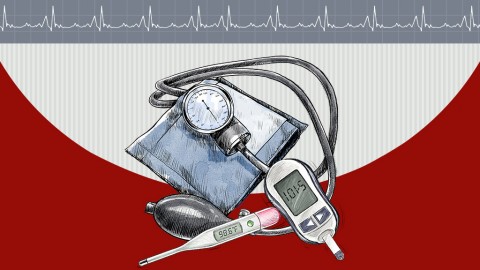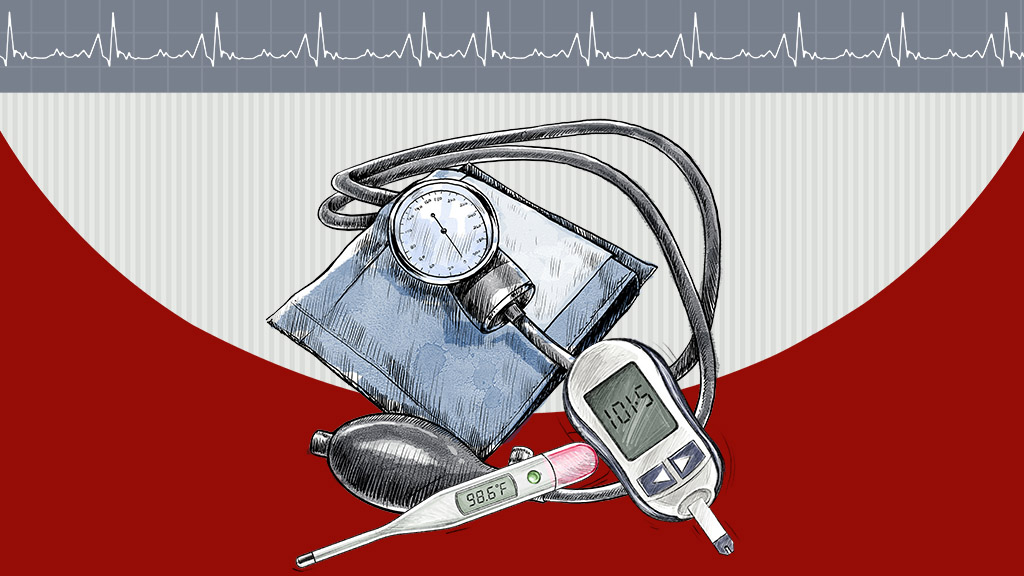 Nashville, TN – Medical oxygen is a necessity for Tennesseans suffering with respiratory illnesses, but it is among the leading causes of fire fatalities in homes across the state. The Tennessee State Fire Marshal’s Office (SFMO) reminds consumers that homes where medical oxygen is used need to have specific fire safety rules to prevent fires and burns.
Nashville, TN – Medical oxygen is a necessity for Tennesseans suffering with respiratory illnesses, but it is among the leading causes of fire fatalities in homes across the state. The Tennessee State Fire Marshal’s Office (SFMO) reminds consumers that homes where medical oxygen is used need to have specific fire safety rules to prevent fires and burns.
“We urge Tennesseans to take extra care when using medical oxygen in the home,” said State Fire Marshal and Commerce & Insurance Commissioner Julie Mix McPeak.

”Oxygen saturates fabric-covered furniture, clothing, hair, and bedding, making it easier for a fire to start and spread. Help protect yourself, your loved ones, and your property by complying with the safety instructions that are provided with home medical oxygen supplies,” McPeak stated.
State fire data indicates that between 2012 and 2016, 16 Tennessee residents died from home fires where medical oxygen equipment was involved in ignition. Only heating and cooking equipment were involved in more fire death incidents.
According to the National Fire Protection Association (NFPA), smoking is the leading heat source resulting in medical oxygen-related fires, injuries and deaths.
The SFMO encourages Tennesseans to remember the following important precautions regarding home medical oxygen use:
Safety Tips
- There is no safe way to smoke in the home when oxygen is in use. A patient on oxygen should not smoke.
- Candles, matches, wood stoves and even sparking toys can be ignition sources and should not be used in the home.
- Keep oxygen cylinders at least five feet from heat sources, open flames or electrical devices.
- Body oil, hand lotion and items containing oil and grease can easily ignite. Keep oil and grease away from where oxygen is in use.
- Never use aerosol sprays – especially those whose cans indicate flammable contents – near the oxygen.
- Post “No Smoking” and “No Open Flames” signs in and outside the home to remind people not to smoke.
- Ensure smoke alarms are working by testing them monthly and replacing any smoke that is 10 years old or older.
- Plan a home fire escape plan with two ways out of every room and a designated outside meeting place. Practice the plan with every member of your household.



